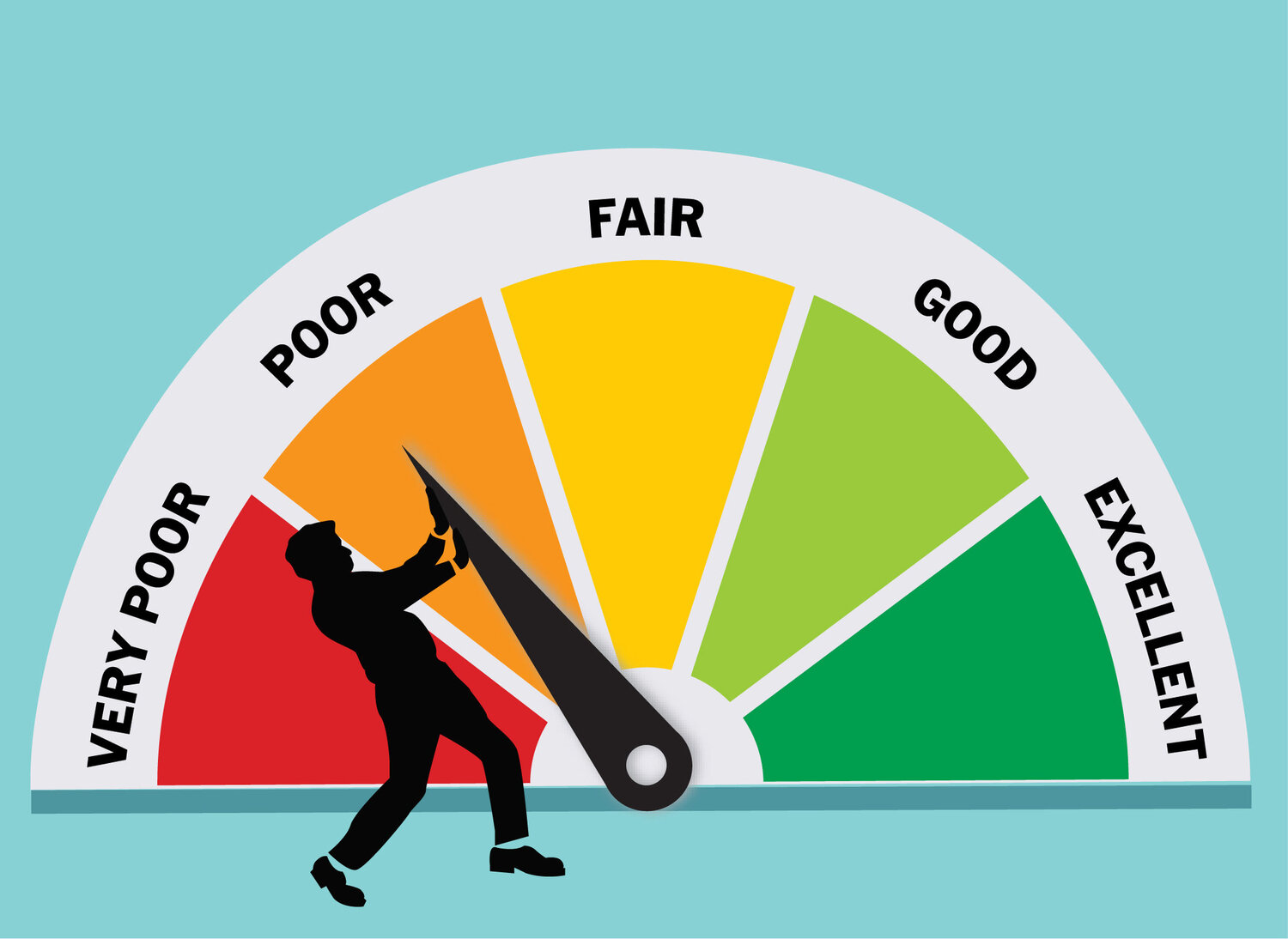At JPM Capital, we understand the worries that surround having a poor credit rating, especially when it comes to securing loans and funding for your business. In this article, we will explore the longevity of a poor credit rating and its implications on your business’s financial standing.

Understanding Your Credit File
A credit file is a record of your credit history, including debts, payment patterns, and any defaulted payments. It’s essential to know what’s in your credit file because lenders and credit providers use this information to assess your creditworthiness.
Did you know? You can access your credit file for free from various credit reporting agencies.
Duration of Information on Your Credit File
Negative information, such as late payments or defaults, can stay on your credit file for six years in the UK. After this period, they are usually removed automatically. However, it’s important to note that there is no such thing as a credit blacklist. Each lender has its own criteria for evaluating creditworthiness.
As for debts, the answer to the question “Does debt get wiped after 5 years?” is complex. In England, Wales, and Northern Ireland, creditors have up to six years to chase most unsecured unpaid debts. However, they can chase the debt for longer if court action has been taken or the debt is secured. This is where our business loans or small business loans can be a helpful solution.
How Your Credit History Affects Various Aspects of Your Life
Your credit history can impact various aspects of your life, from getting a mortgage to renting a property or even securing car insurance. For instance, with a poor credit history, you might face challenges in getting a mortgage, or you might end up with a higher interest rate. The same applies when trying to rent a property or securing favourable car insurance premiums.
However, having a poor credit history does not always mean you will be denied credit. At JPM Capital, we specialize in providing bad credit business loans, ensuring that your business continues to thrive despite a bad credit history.
Addressing Errors in Your Credit Report
If you notice errors in your credit report, it’s crucial to contact the credit reporting agency immediately to have them corrected. This is one way to improve your credit score and enhance your chances of securing funding, such as our working capital funding or alternative finance.
Impact of Your Credit History on Your Job
While it’s less common in the UK than in other countries, some employers might check your credit history, especially if the job involves handling money. However, they can only do so with your permission.
Refurbishment / Expansion Funding With Poor Credit History
Despite a poor credit history, you can still secure funding for business expansion or refurbishment. At JPM Capital, we offer refurbishment / expansion funding specifically designed to support businesses looking to grow.
Conclusion
A poor credit rating can last for six years on your credit file in the UK, but it does not mean the end of your financial journey. At JPM Capital, we provide funding solutions tailored to your needs, including those with a poor credit history.
FAQs
Q: How long does a bad credit score last? A: In the UK, a bad credit score typically lasts six years on your credit file.
Q: Is it true that after 7 years your credit is clear? A: In the UK, most negative information falls off your credit file after six years.
Q: Does debt get wiped after 5 years? A: In most cases, creditors have six years to chase unsecured unpaid debts in England, Wales, and Northern Ireland.
Q: Can I be chased for debt after 10 years UK? A: Yes, if court action has been taken or the debt is secured. Otherwise, creditors usually have six years to chase the debt.
For more information on how your credit history can affect your funding solutions, do check out our blog and various customer case studies.







 When it comes to securing
When it comes to securing
Recent Comments